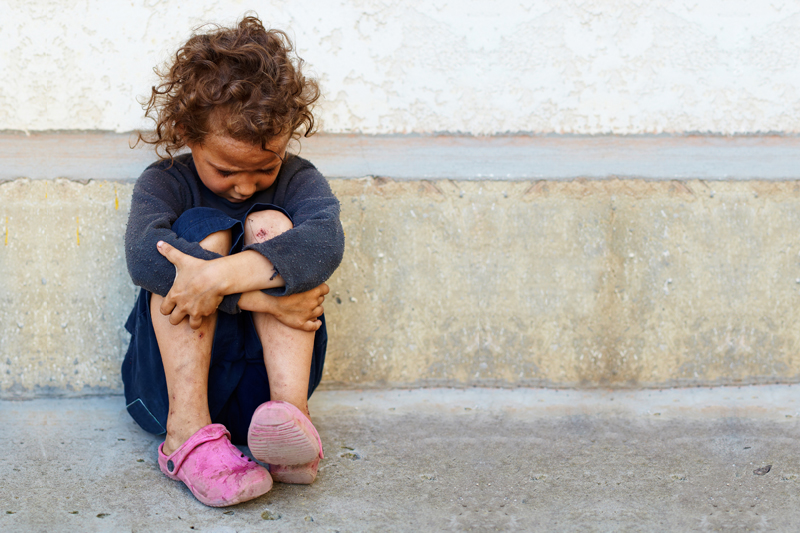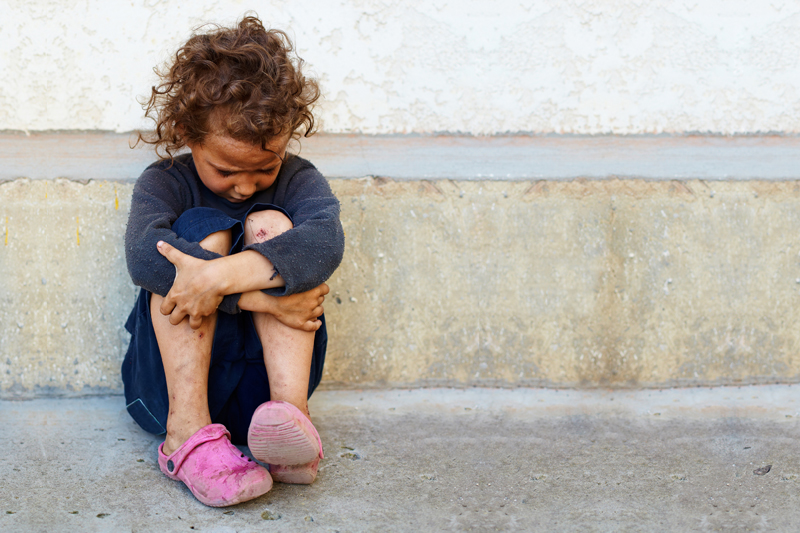The Matthew Cecchi Public Safety Act

How old before a child can go to the bathroom by his or herself? No, this is not a potty training question for new moms, but rather a safety question raised by all parents at one time or another. I ask this question in relation to a child using a public bathroom by himself or herself when out with the opposite sex parent. This is a difficult topic for parents and caregivers. Most people never give an opposite sexed baby or toddler under the age of five a second thought when accompanied by a parent or sibling into an opposite sex bathroom. Yet, what about boys ages 6-10 who are out with their mother or other female family member, often they receive an unwelcome glance or comment from those who may not understand a parent’s concern in sending a young boy alone into a men’s room.
As a single mom of a 2 children, this is a concern I have dealt with for many years. My youngest child is a boy. His sister is older than he is by four years. Our family rule, no child goes to the public bathroom alone; they go together or with a safe adult. This rule is especially true for places like movie theatres, large shopping stores or malls, fast food places, and children’s fun places. The only exception to the rule is when mom can see the bathroom directly from where she is at the time, for instance in a family restaurant.
My son has at times expressed difficulty in understanding why he has to go to the girl’s bathroom, unless there is a family bathroom. A family bathroom for those who may be unfamiliar with the concept is an oversized public restroom with one or sometimes two toilets, a sink, and a changing facility where an entire family of 3, 4, or 5 can easily be accommodated allowing everyone to use the facilities and remain safely together. Family restrooms are commonly found in large busy public places such as airports and large malls. Family restrooms came about in the late 1990’s, partially in response to the horrific murder of nine year old Matthew Cecchi Oceanside, California in 1998.
Matthew, his mother, and Matthew’s three year old brother were attending a family function at an Oceanside campground on November 14. That night Gail Gerhard Matthew’s aunt stood outside when Matthew went into the beach’s public bathroom. Twenty year old, Brandon Wilson followed Matthew into the restroom, exiting a short time later, and walking right past Matthew’s aunt. Matthew’s aunt grew concerned when Matthew did not come out of the restroom, and told police she entered the restroom to find her nephew dying on the bathroom floor.
Matthew Cecchi was drowning in his own blood. There was nothing anyone could do to help Matthew, although many tried desperately to revive him and stop the bleeding from his wound. Matthew’s mother would tell jurors how she softly rubbed her son’s hair as he died that night on the restroom floor. The coroner would testify that Matthew died slowly; painfully aware of had happened to him in the final seconds before Brandon Wilson slashed his throat. A family reunion a time of coming together became a family tragedy, a family’s nightmare.
Brandon Wilson initially avoided capture for several days, until he attacked another woman in Los Angeles. Brandon Wilson confessed openly to killing “that little boy.” He later tried to blame his actions on being high on LSD, stating the voice of God told him to kill a child. Brandon Wilson claimed he was guilty by reason of insanity. The jurors were not willing to accept this defense and at the age of 21, Brandon Wilson was found guilty, and sentenced to death. He currently sits on Death row in San Quentin prison. Brandon Wilson has stated he would do exactly what he did all over again if given the chance. There was never any remorse shown.
After Matthew's murder, District 3, Chair woman, Pamela Slater, created the Matthew Cecchi Public Safety Act, which allows the parks division to plan for family restrooms in all renovated or newly constructed county parks in San Diego. Family restrooms, or unisex restrooms, not only assist parents with small children in providing a safe environment during times of travel and outings, they also provide disabled families a way to assist an opposite sexed family member who may be unable to toilet completely independently. Thankfully this appears to be a continuing trend.
As a single mom of a 2 children, this is a concern I have dealt with for many years. My youngest child is a boy. His sister is older than he is by four years. Our family rule, no child goes to the public bathroom alone; they go together or with a safe adult. This rule is especially true for places like movie theatres, large shopping stores or malls, fast food places, and children’s fun places. The only exception to the rule is when mom can see the bathroom directly from where she is at the time, for instance in a family restaurant.
My son has at times expressed difficulty in understanding why he has to go to the girl’s bathroom, unless there is a family bathroom. A family bathroom for those who may be unfamiliar with the concept is an oversized public restroom with one or sometimes two toilets, a sink, and a changing facility where an entire family of 3, 4, or 5 can easily be accommodated allowing everyone to use the facilities and remain safely together. Family restrooms are commonly found in large busy public places such as airports and large malls. Family restrooms came about in the late 1990’s, partially in response to the horrific murder of nine year old Matthew Cecchi Oceanside, California in 1998.
Matthew, his mother, and Matthew’s three year old brother were attending a family function at an Oceanside campground on November 14. That night Gail Gerhard Matthew’s aunt stood outside when Matthew went into the beach’s public bathroom. Twenty year old, Brandon Wilson followed Matthew into the restroom, exiting a short time later, and walking right past Matthew’s aunt. Matthew’s aunt grew concerned when Matthew did not come out of the restroom, and told police she entered the restroom to find her nephew dying on the bathroom floor.
Matthew Cecchi was drowning in his own blood. There was nothing anyone could do to help Matthew, although many tried desperately to revive him and stop the bleeding from his wound. Matthew’s mother would tell jurors how she softly rubbed her son’s hair as he died that night on the restroom floor. The coroner would testify that Matthew died slowly; painfully aware of had happened to him in the final seconds before Brandon Wilson slashed his throat. A family reunion a time of coming together became a family tragedy, a family’s nightmare.
Brandon Wilson initially avoided capture for several days, until he attacked another woman in Los Angeles. Brandon Wilson confessed openly to killing “that little boy.” He later tried to blame his actions on being high on LSD, stating the voice of God told him to kill a child. Brandon Wilson claimed he was guilty by reason of insanity. The jurors were not willing to accept this defense and at the age of 21, Brandon Wilson was found guilty, and sentenced to death. He currently sits on Death row in San Quentin prison. Brandon Wilson has stated he would do exactly what he did all over again if given the chance. There was never any remorse shown.
After Matthew's murder, District 3, Chair woman, Pamela Slater, created the Matthew Cecchi Public Safety Act, which allows the parks division to plan for family restrooms in all renovated or newly constructed county parks in San Diego. Family restrooms, or unisex restrooms, not only assist parents with small children in providing a safe environment during times of travel and outings, they also provide disabled families a way to assist an opposite sexed family member who may be unable to toilet completely independently. Thankfully this appears to be a continuing trend.

Related Articles
Editor's Picks Articles
Top Ten Articles
Previous Features
Site Map
Content copyright © 2023 by Erika Lyn Smith. All rights reserved.
This content was written by Erika Lyn Smith. If you wish to use this content in any manner, you need written permission. Contact Erika Lyn Smith for details.



